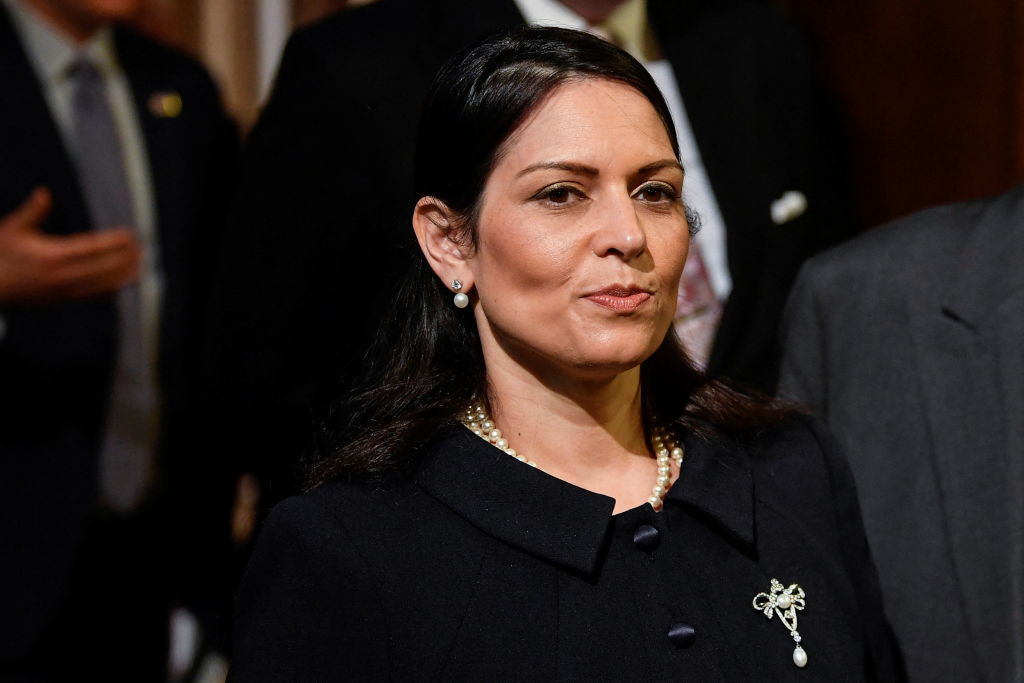The intervention of the Strasbourg courts is a short-term win with an enduring threat

THE OUTRAGE over the plan to send asylum seekers to Rwanda was palpable as the first flight was expected to take off on Tuesday. It was met, almost decibel for decibel, with anger yesterday morning after the decision of the European Court of Human Rights to block the plane from taking off.
Many of the opponents of the policy are celebrating it as a win, a legal vindication of a barbaric policy.
The decision has also energised the anti-Brexit brigade, already stirring from their slumber following the European Union’s decision to take legal action against the UK over changes to the Northern Ireland protocol.
The European Union and their court, the European Court of Justice, are entirely distinct from the European Court of Human Rights. But this will matter little, as long as it can be successfully cast as the will of an outside entity imposing its own norms onto Britain.
The decision from the Court has stopped one flight, for now, but it is a political blessing for Boris Johnson. What better scapegoat than the European Court of Human Rights, an institution which, albeit in name only, shares unfortunate links in the minds of voters with the European Union?
Already, a question over Britain’s obligations to migrants crossing the Channel has been spun into a wider fight with “Europe”, a fight over “sovereignty” of our own destiny, and a fight for “control” over our borders.
Sound familiar?
Johnson doesn’t know how to wrench back control of the country or the ideology of his party, but he does know one thing: how to create a common enemy.
Indeed, for the past year the Prime Minister and his Cabinet have been trying to stir up a culture war on everything from imperial measurements to Channel 4 in a bid to resurrect the base of Brexit voters who helped deliver their 2019 victory.
The war against lefty lawyers was the natural progression of this strategy.
That the decision from Strasbourg was only an interim measure will matter little. Strasbourg may well decide in favour of the UK and reaffirm the decision of domestic courts. But it has stirred up an entirely new debate a wing of the Conservative Party has long fought for: the repeal of the Human Rights Act, which grants the court in Strasbourg jurisdiction in the UK.
Already, Tory MP Jonathan Gullis was forced to backtrack on a call for Britain to “free itself” from the ECHR altogether, apparently after being told the Good Friday Agreement (that very thing we’re risking a trade war with the EU to protect) relied on the ECHR. An edited comment said we needed to “look at it urgently”.
The rule of law only works when it protects everyone equally.
Unfortunately for Priti Patel, that means going through the legal hurdles before unceremoniously dumping refugees in Rwanda.
This clarity and predictability of the British legal system is also a drawcard for international investment (remember Global Britain?) and a safeguard against tyranny. Undermining that is a dangerous game which starts to pick apart the threads that make up Britain.
The plane was stopped – for now. The injunction from the European Court of Human Rights is a win – for now – for the refugees destined for Rwanda, and for the campaigners backing them.
But it also has the potential to lay the ground for a greater defeat.
